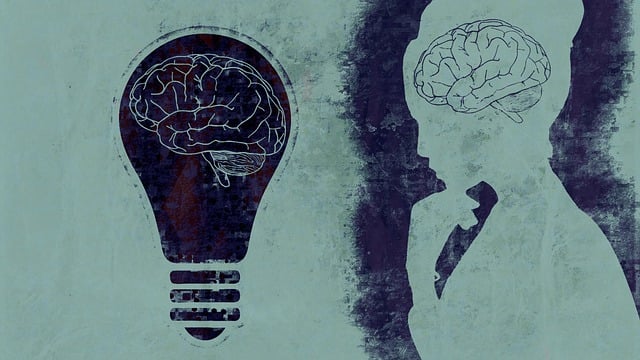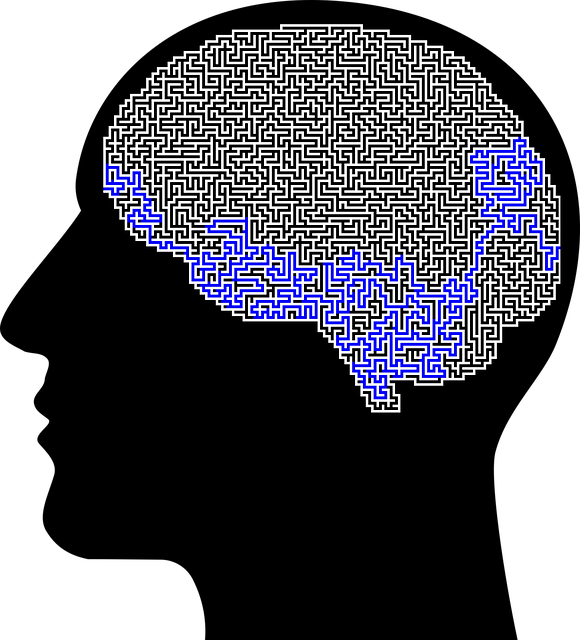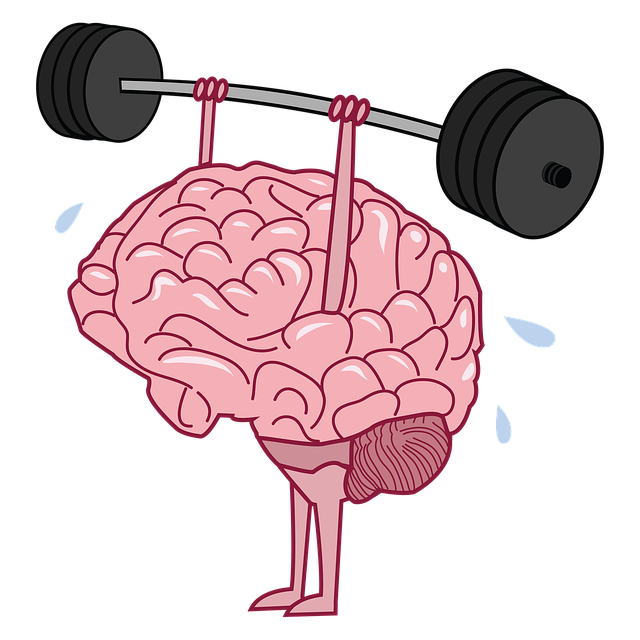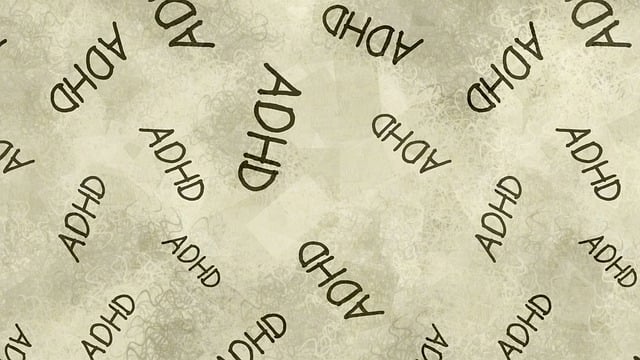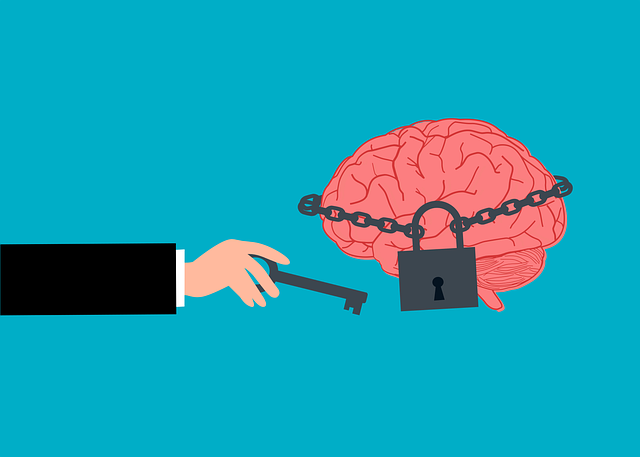Wheat Ridge Anxiety Therapy provides personalized, evidence-based treatments for anxiety disorders, empowering clients with coping strategies through cognitive-behavioral therapy, relaxation training, and positive psychology. Their effective stress management workshops combine strategic design, interactive elements, and mental health advocacy, enhancing resilience and community support. During sessions, active participant engagement in techniques like deep breathing, open communication, guided meditations, and role-playing scenarios is encouraged to maximize benefits in a safe, distraction-free environment.
Stress management workshops are gaining prominence as effective tools for personal growth and well-being. In today’s fast-paced world, understanding and addressing stress is crucial. This article explores the significance of these workshops, offering insights into how they can help individuals navigate and overcome stress. We’ll delve into designing engaging sessions, providing a step-by-step guide on facilitating Wheat Ridge Anxiety Therapy, ensuring participants gain practical tools for managing stress effectively.
- Understanding Stress and its Impact: Unveiling the Need for Workshops
- Designing Effective Stress Management Workshops: Strategies and Techniques
- Facilitating and Participating in Wheat Ridge Anxiety Therapy Sessions: A Step-by-Step Guide
Understanding Stress and its Impact: Unveiling the Need for Workshops

Designing Effective Stress Management Workshops: Strategies and Techniques

Effective stress management workshops require a thoughtful design approach to ensure they cater to participants’ needs and foster meaningful change. Facilitators should begin by setting clear goals, aligning content with evidence-based strategies, and tailoring sessions to specific demographics or stressors (Wheat Ridge Anxiety Therapy). Incorporating interactive elements like role-playing scenarios, group discussions, and mindfulness exercises enhances engagement and learning.
To make workshops impactful, consider integrating various techniques such as cognitive-behavioral therapy principles, relaxation training, and positive psychology interventions. A well-rounded program that addresses the mental Health Policy Analysis and Advocacy while also fostering community through Outreach Program Implementation can lead to improved stress resilience and overall well-being among participants.
Facilitating and Participating in Wheat Ridge Anxiety Therapy Sessions: A Step-by-Step Guide

Participating in Wheat Ridge Anxiety Therapy Sessions is a transformative experience designed to empower individuals in managing their anxiety effectively. As a participant, active engagement is key. Begin by preparing a quiet space free from distractions, allowing yourself to be fully present during each session. During the sessions, pay close attention to your thoughts and emotions, using techniques like deep breathing exercises to ground yourself. Actively participate in discussions, sharing your experiences and insights openly while respecting others’ perspectives.
Facilitating these sessions requires a structured approach. As a therapist or organiser, start by setting clear goals for each session, focusing on specific anxiety-related topics. Incorporate interactive activities such as group discussions, guided meditations, or role-playing scenarios to promote self-awareness exercises. Ensure a safe and supportive environment where participants feel comfortable expressing themselves honestly. Regularly assess progress through open communication with attendees, tailoring content as needed to address evolving challenges within the group dynamic. Remember, successful facilitation involves creating an inclusive space that encourages personal growth and resilience through Wheat Ridge Anxiety Therapy’s comprehensive approach.
Stress management workshops, especially those utilizing techniques from Wheat Ridge Anxiety Therapy, are invaluable tools for navigating today’s demanding world. By understanding stress and its impact, designing effective sessions, and participating actively, individuals can foster resilience and improve overall well-being. These workshops offer a structured approach to managing stress, providing practical strategies that cater to diverse needs. Embracing this holistic method empowers folks to take control of their mental health, leading to more fulfilling and less anxious lives.


